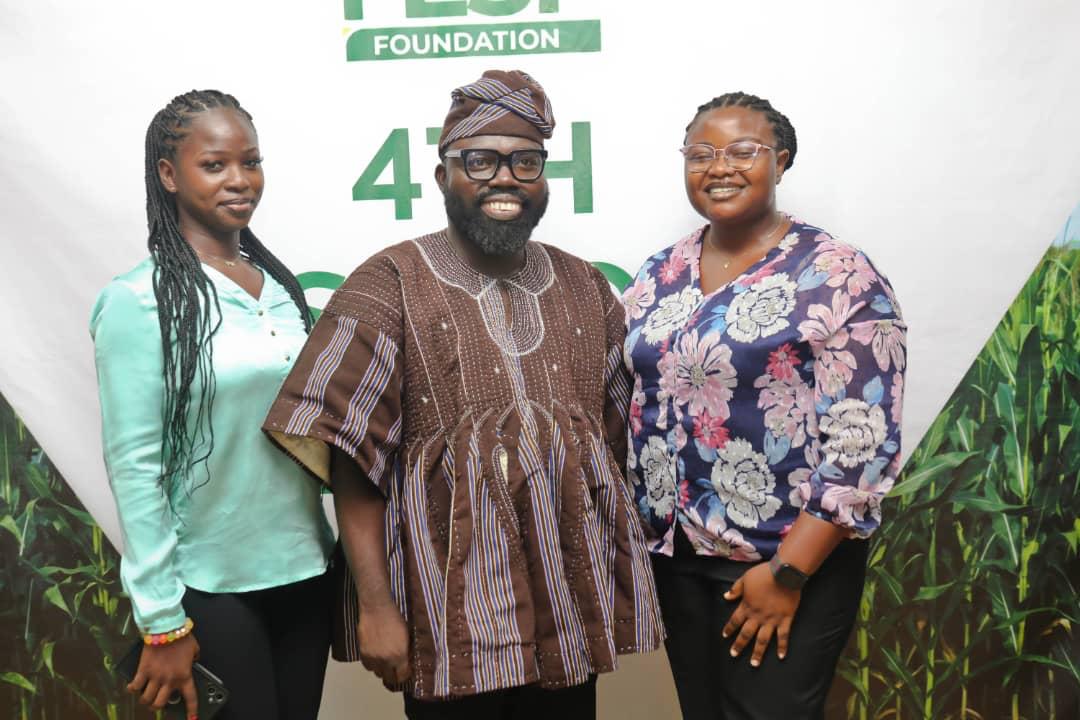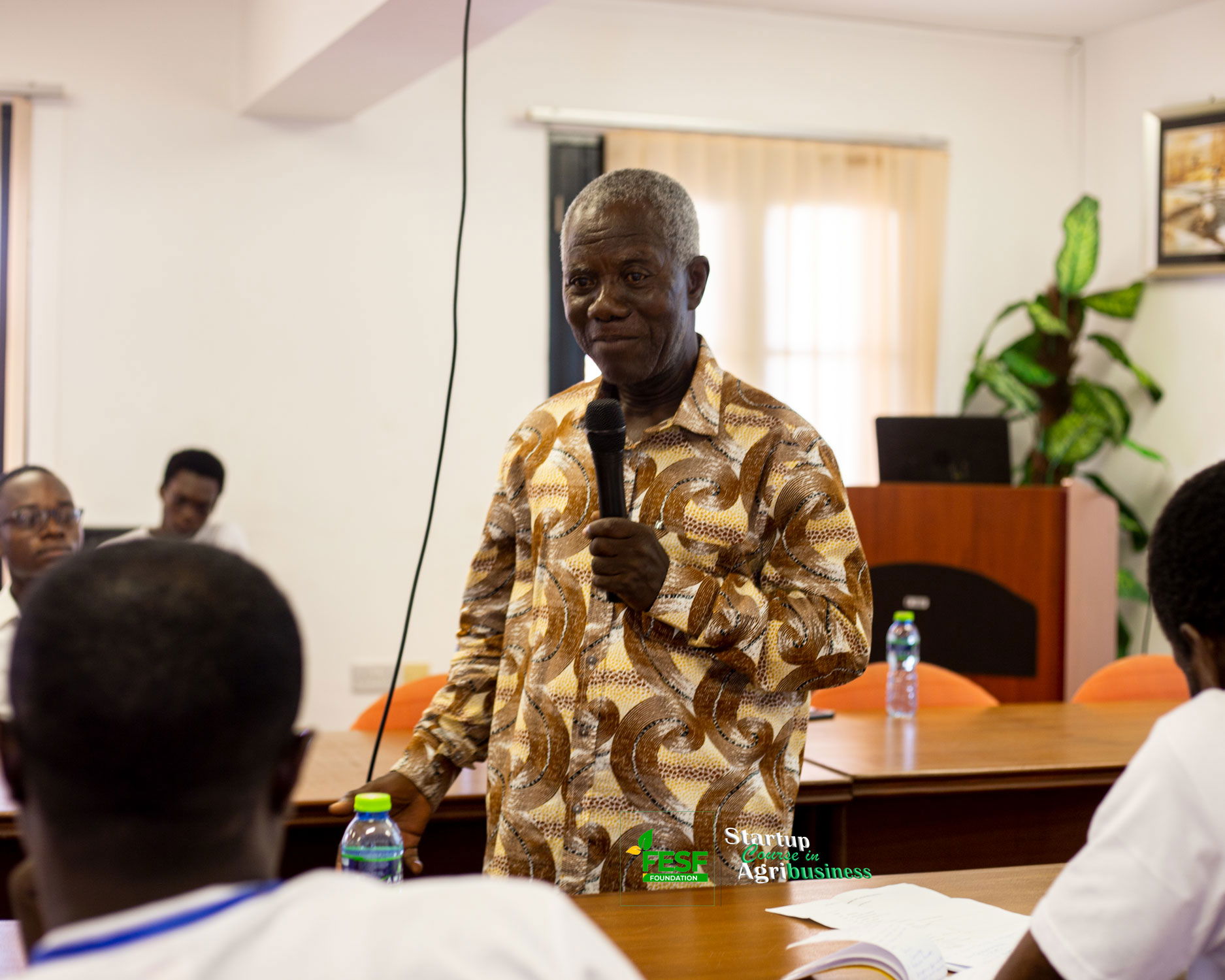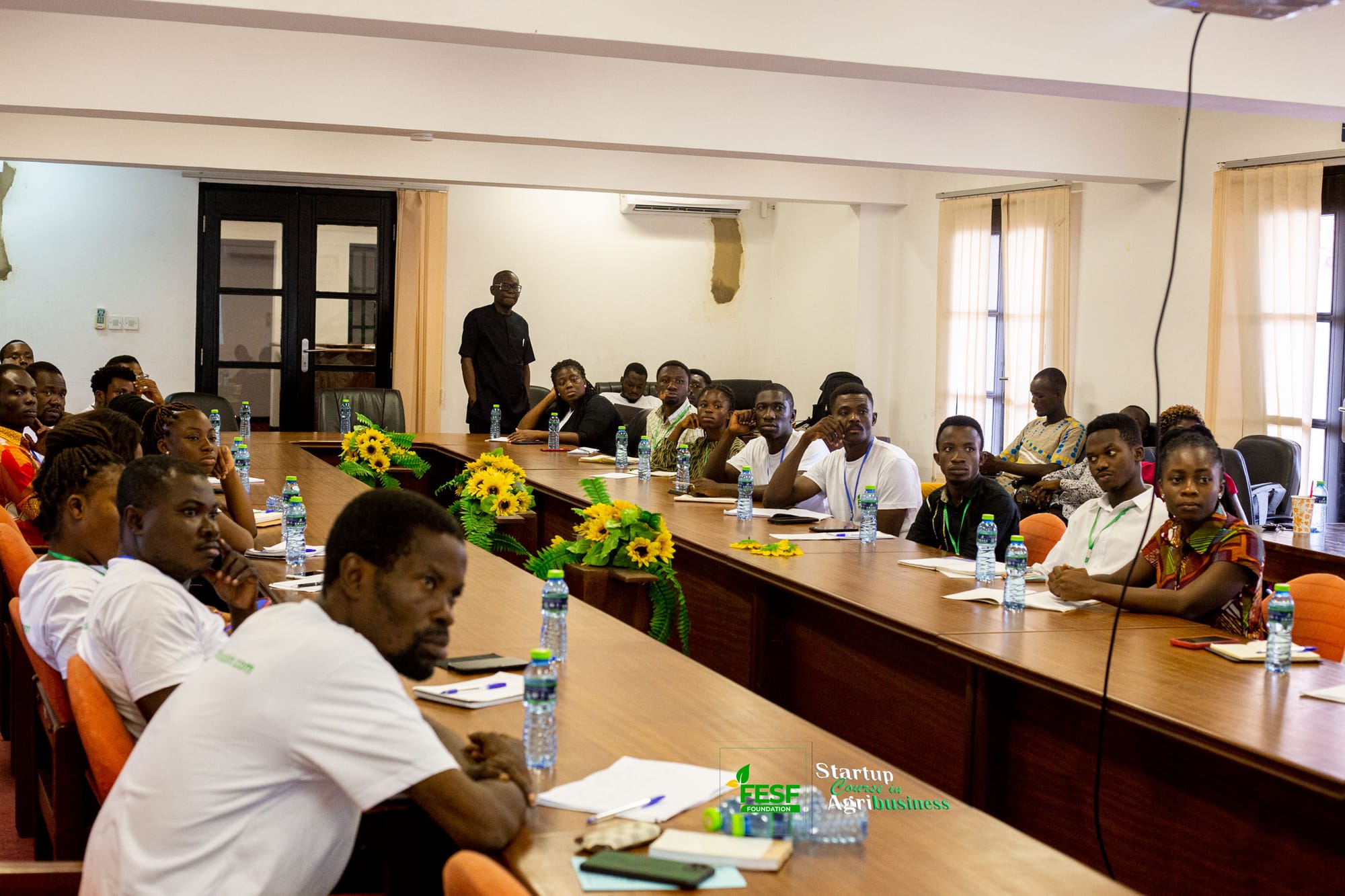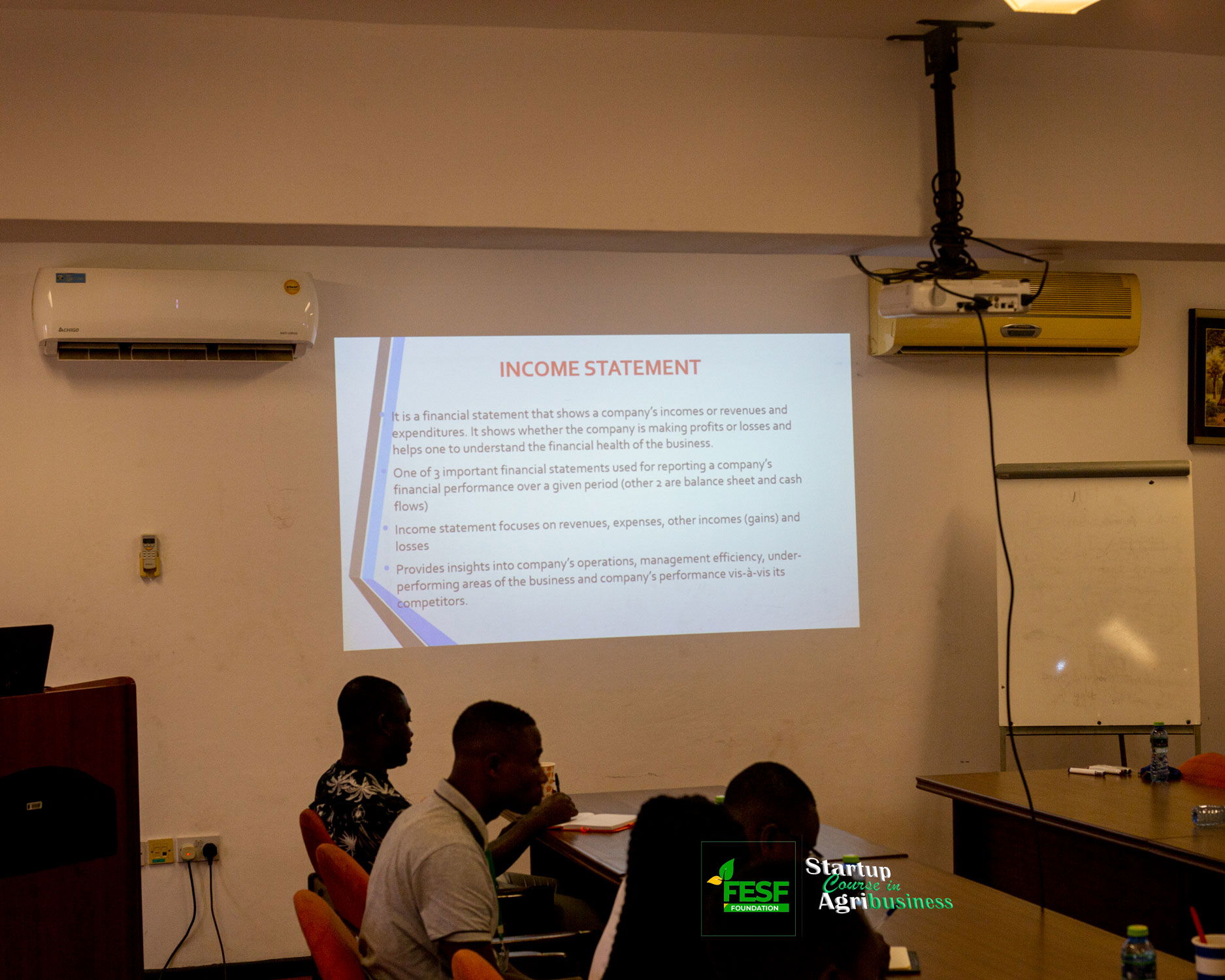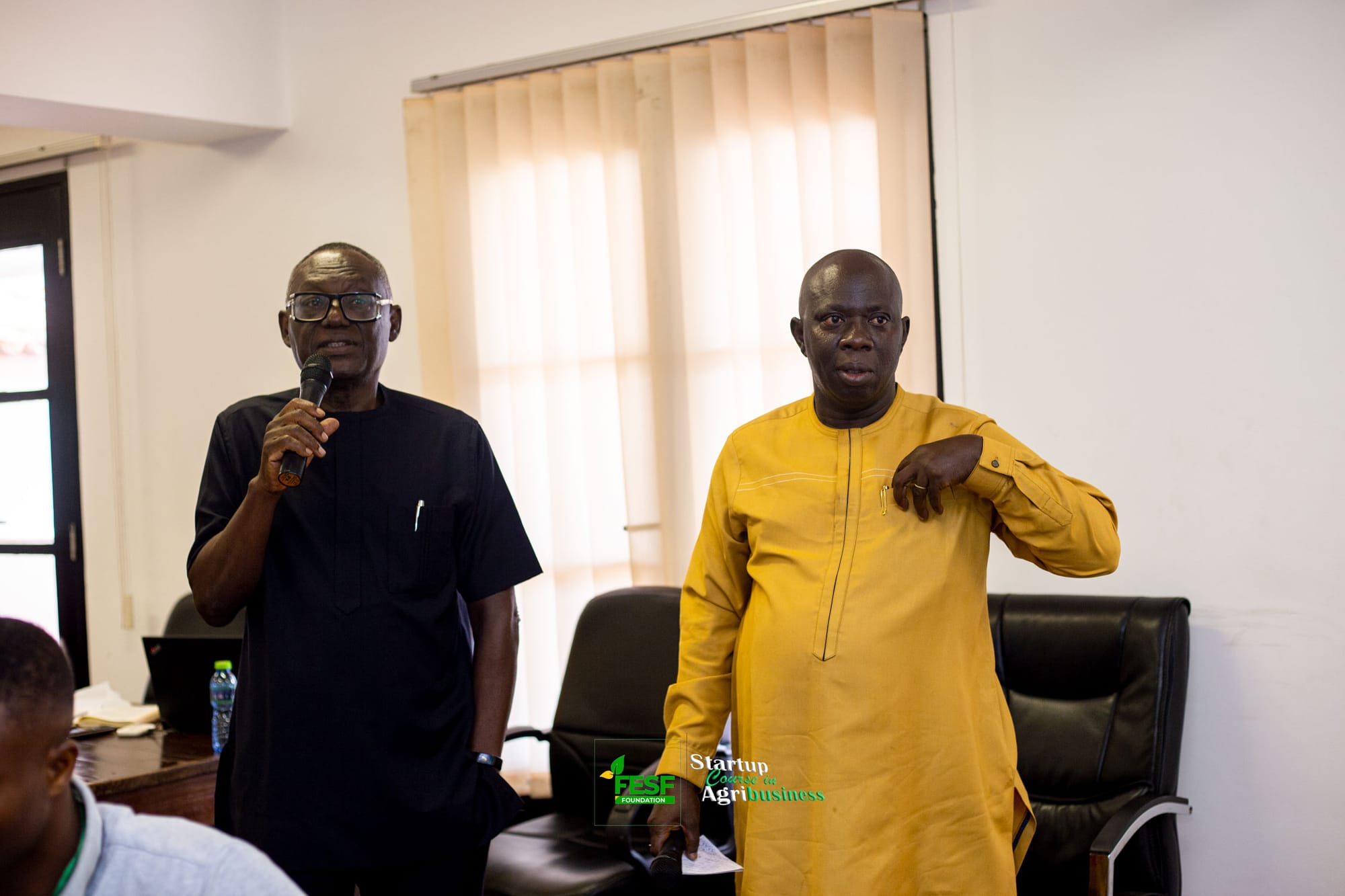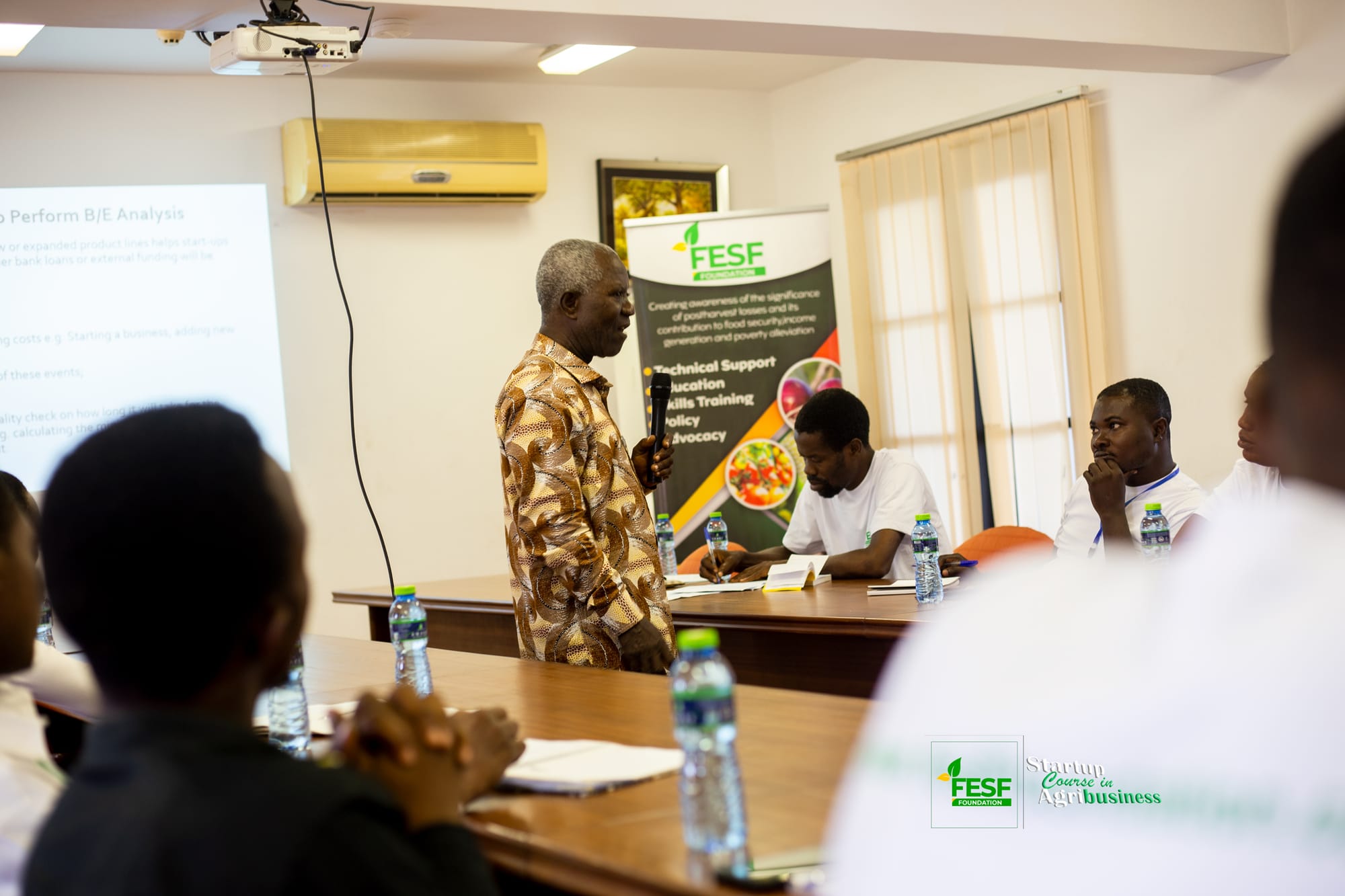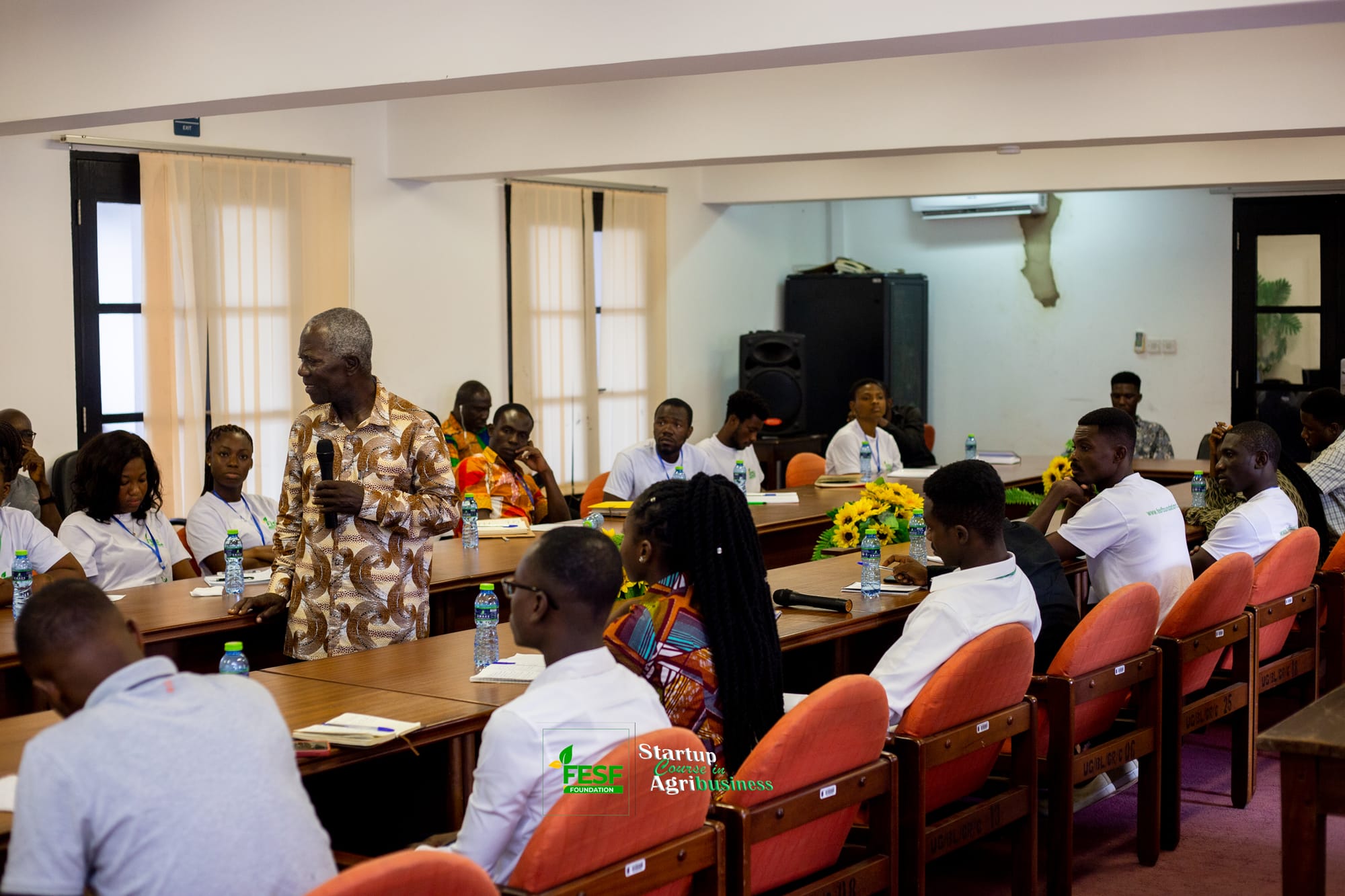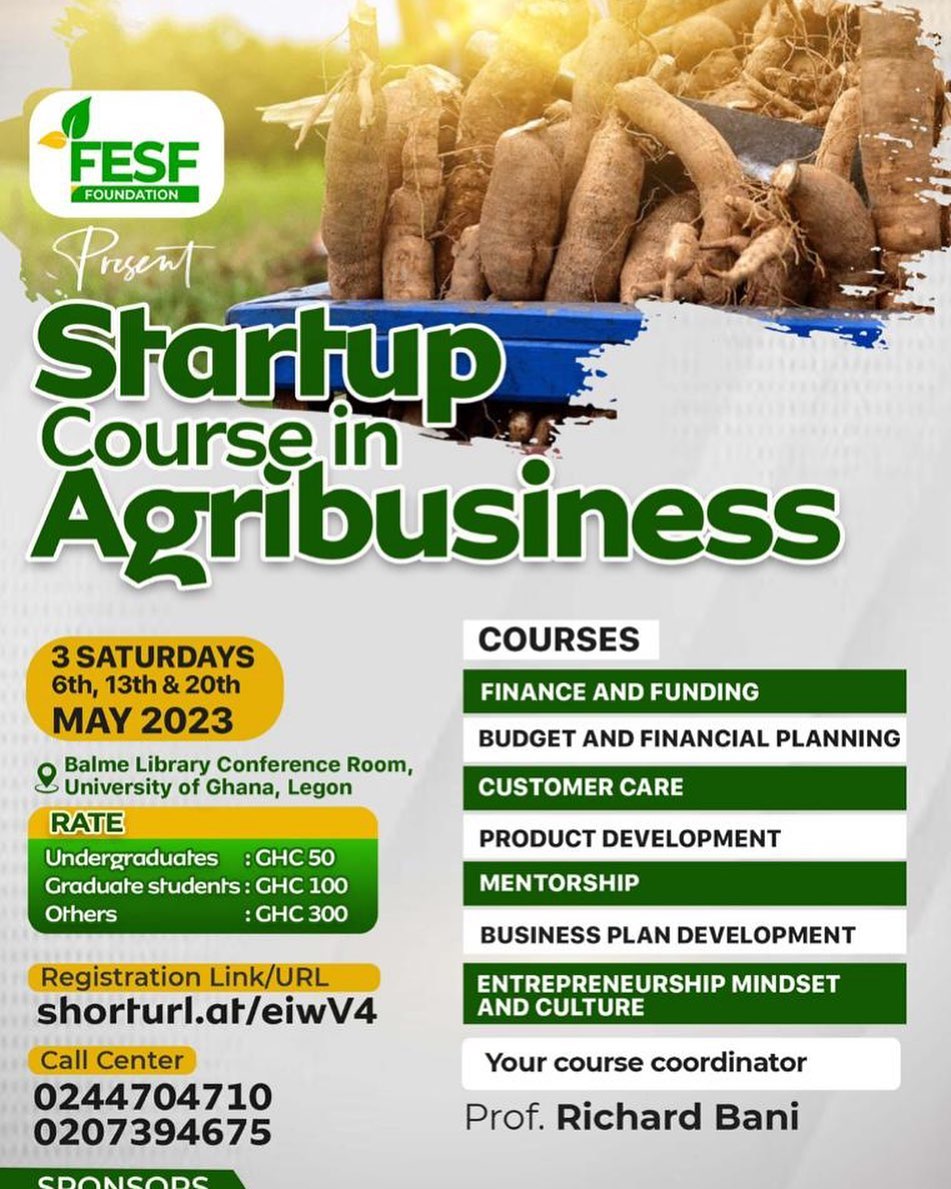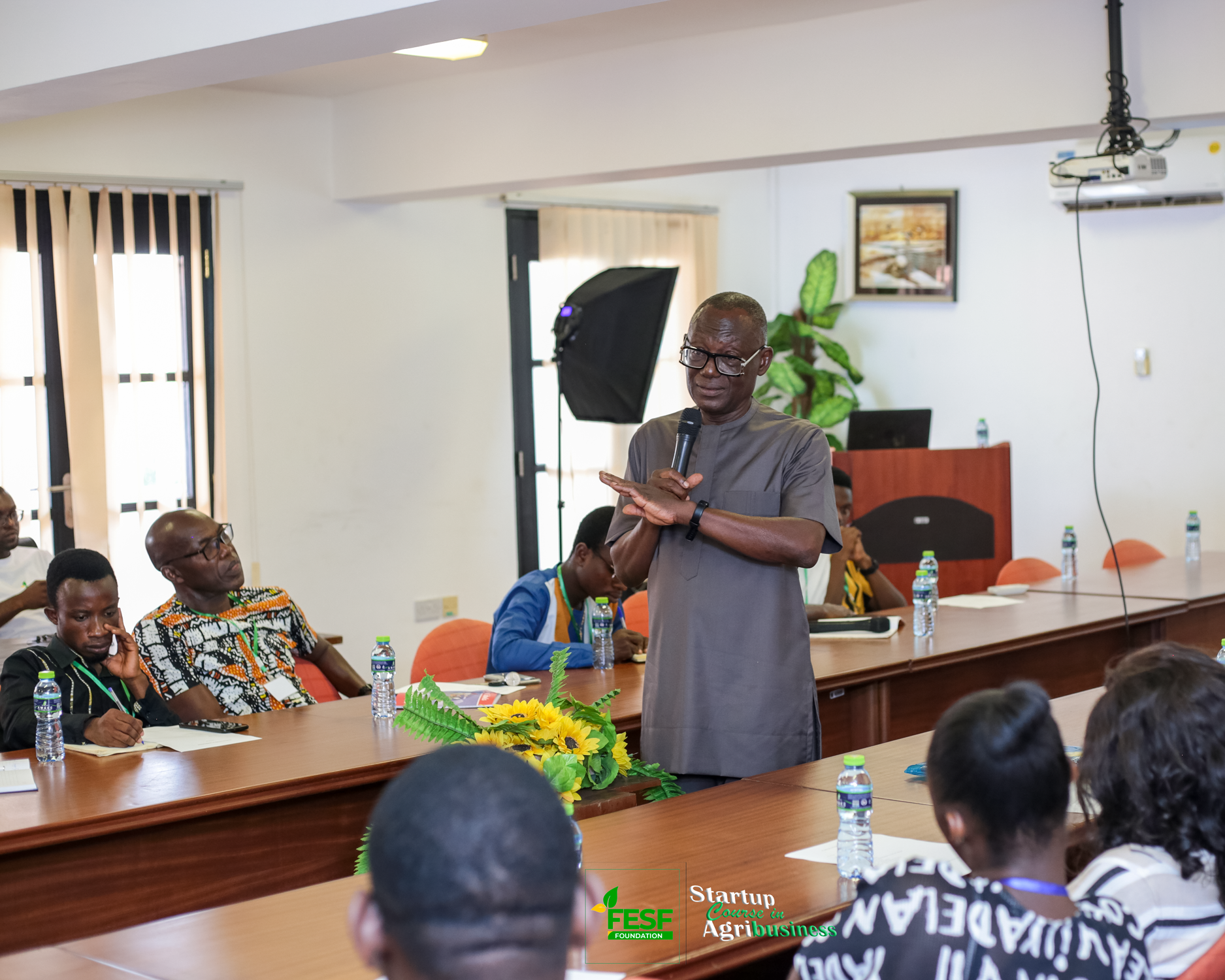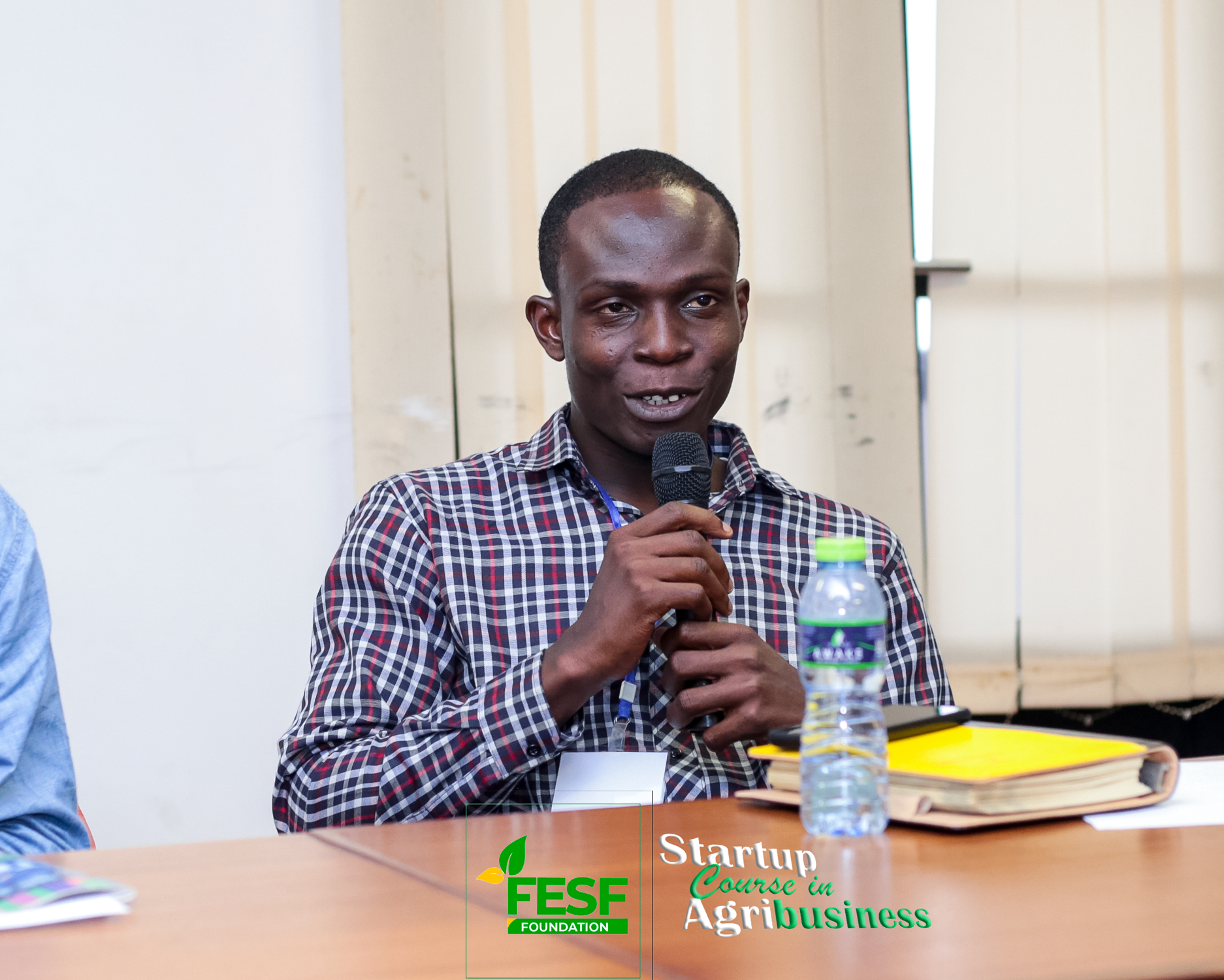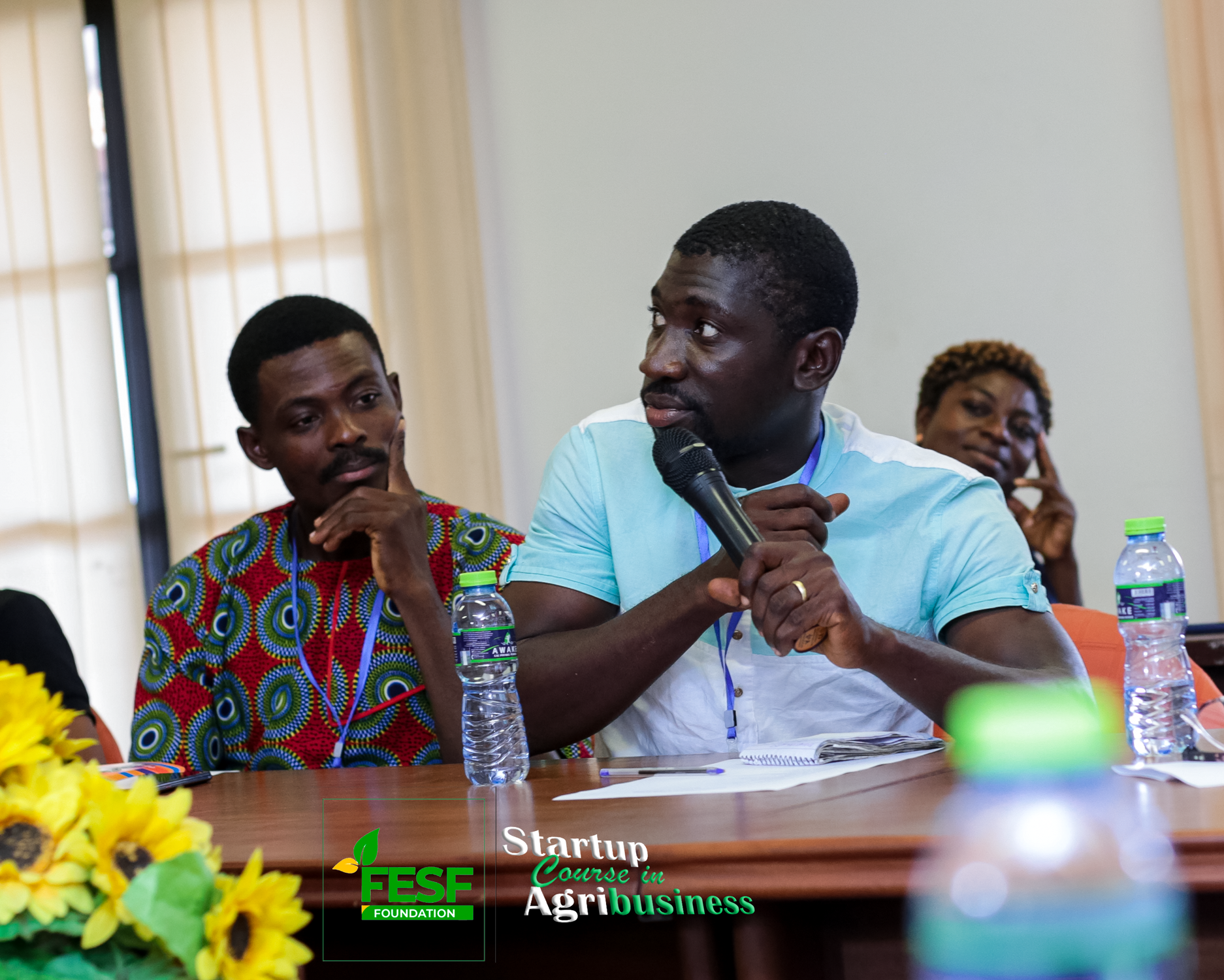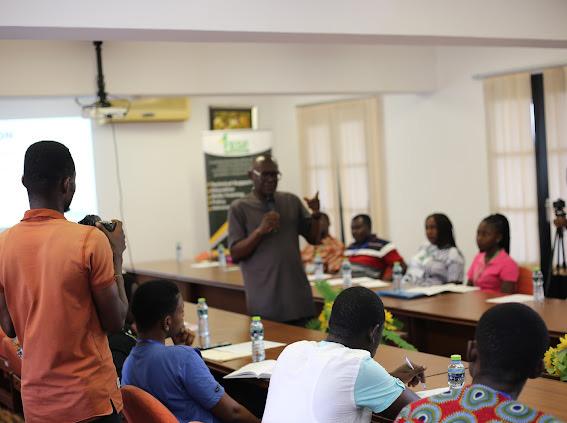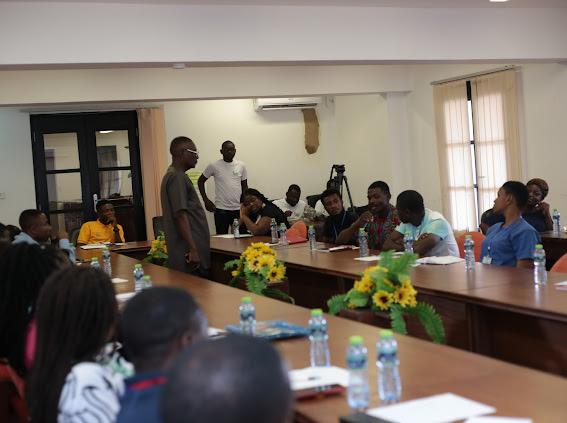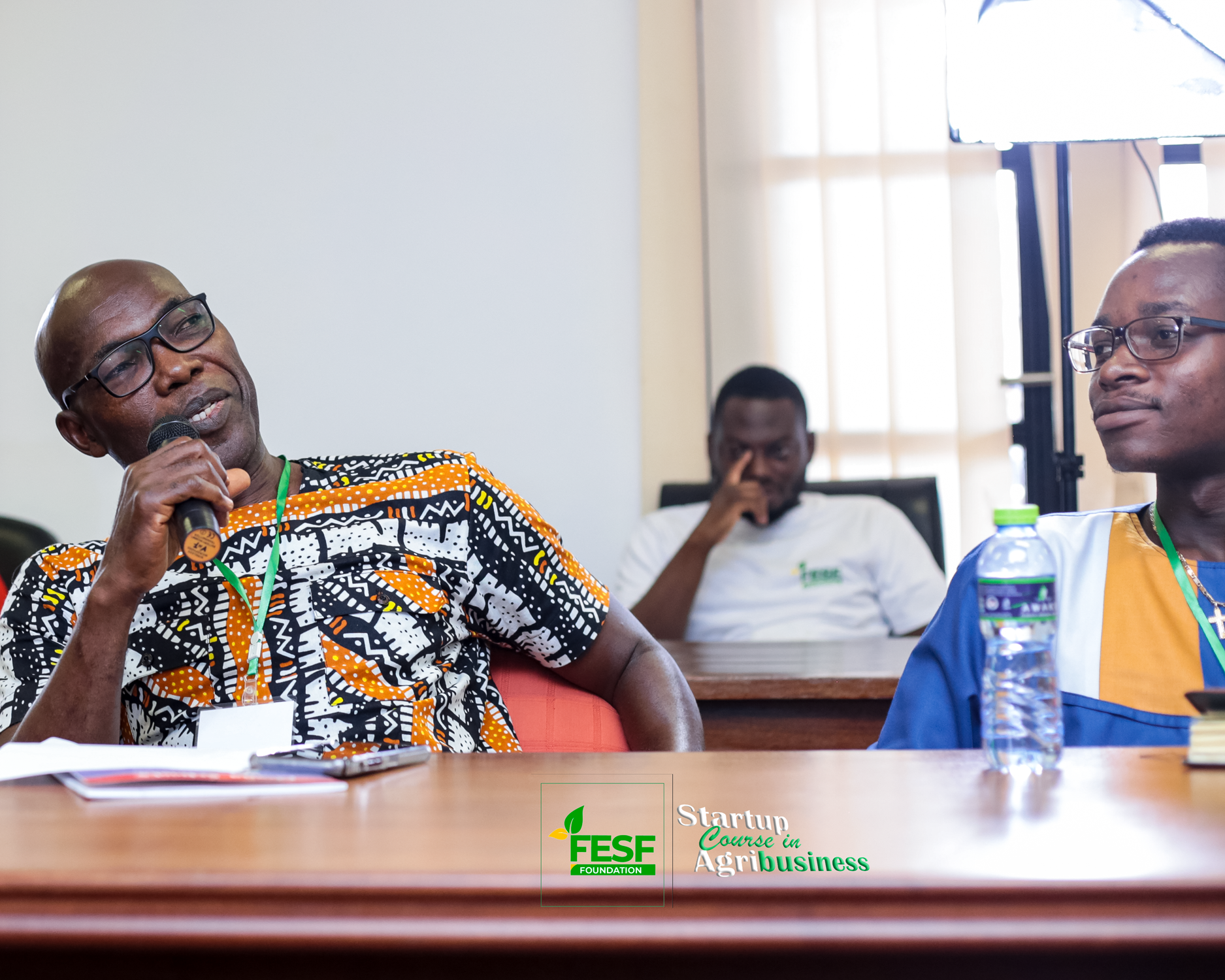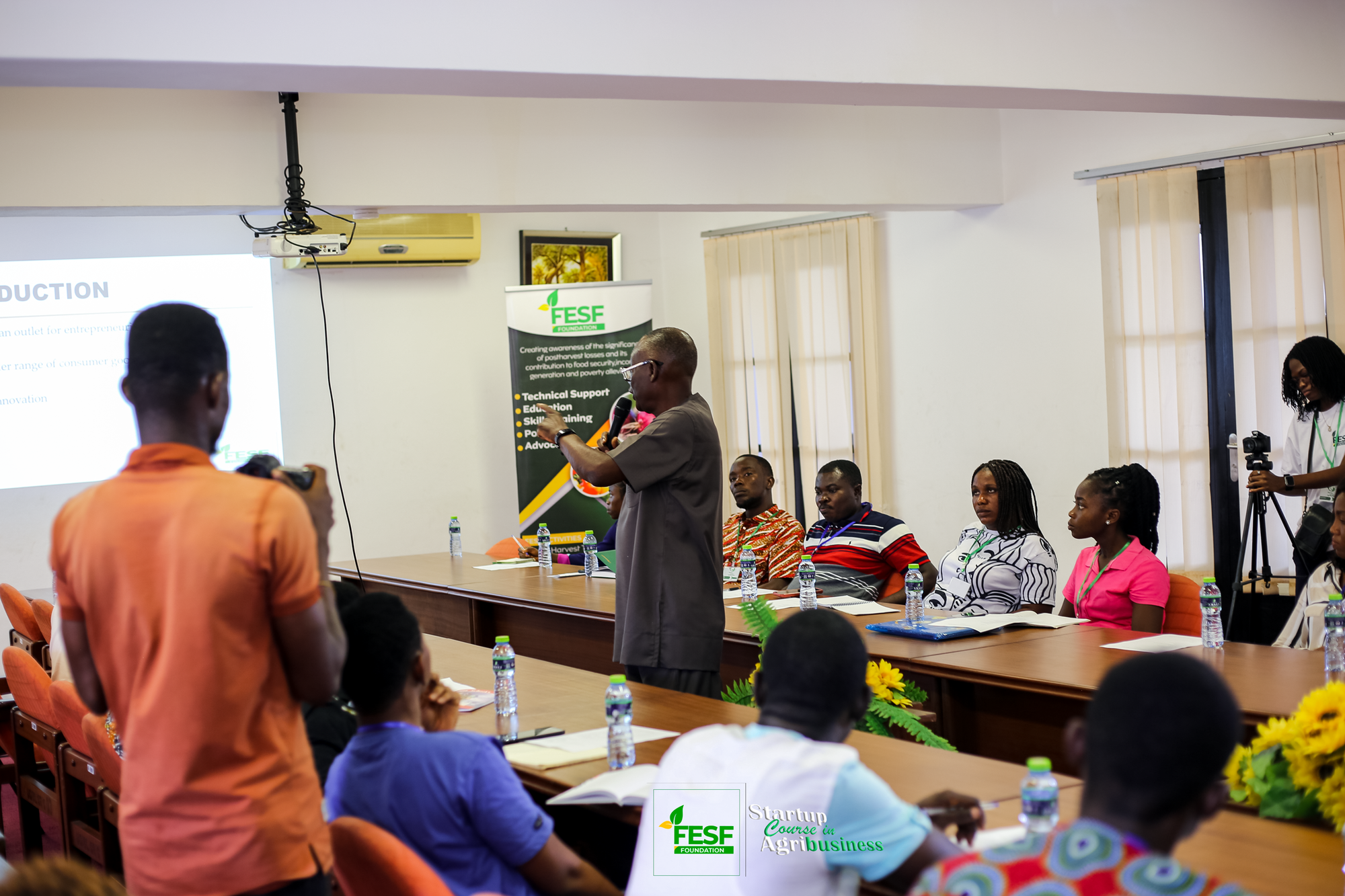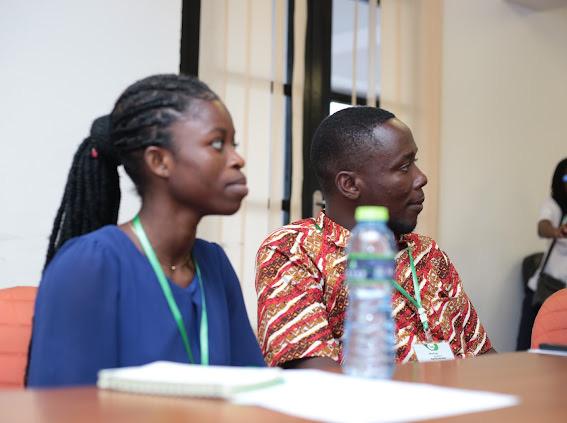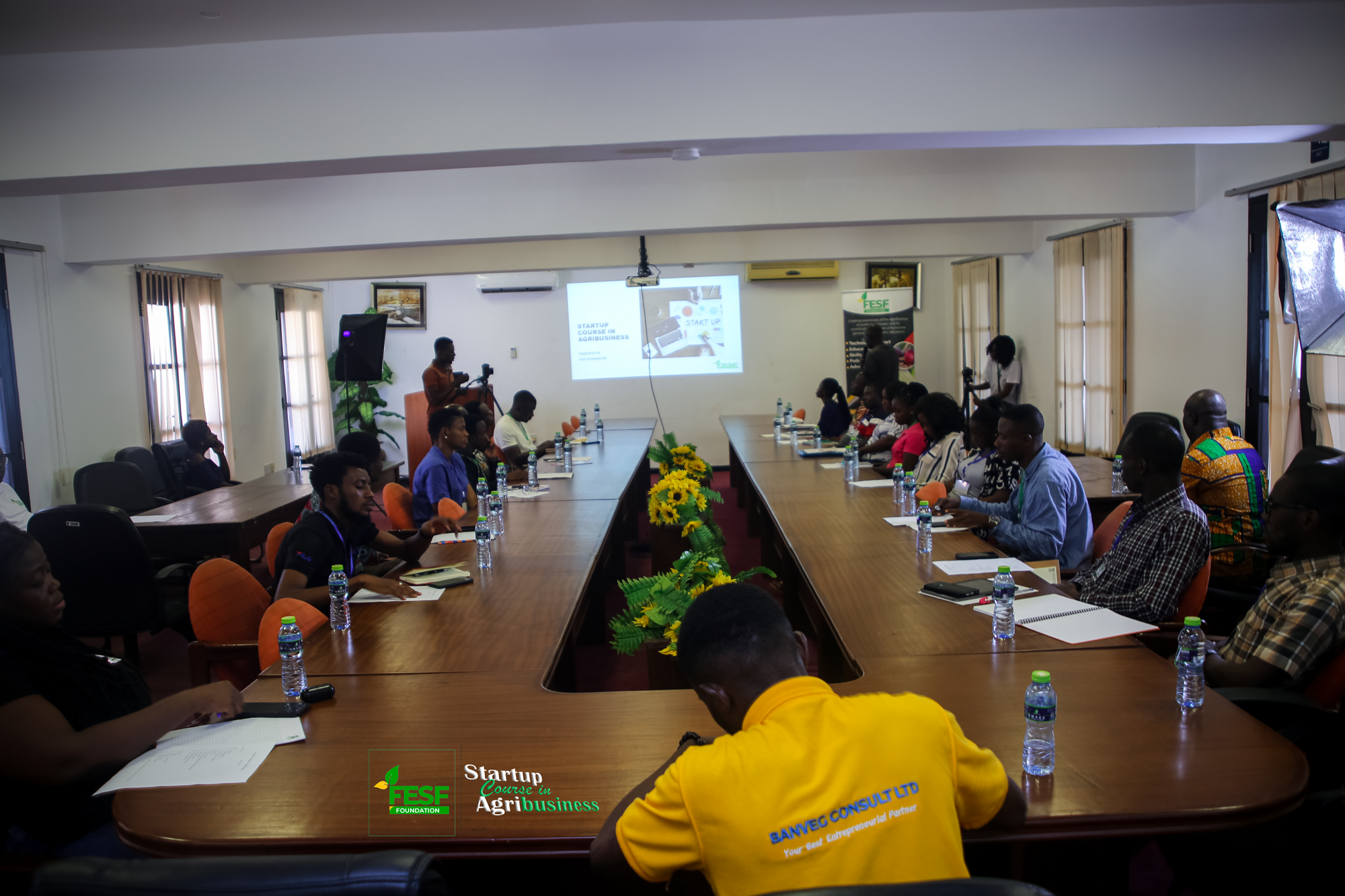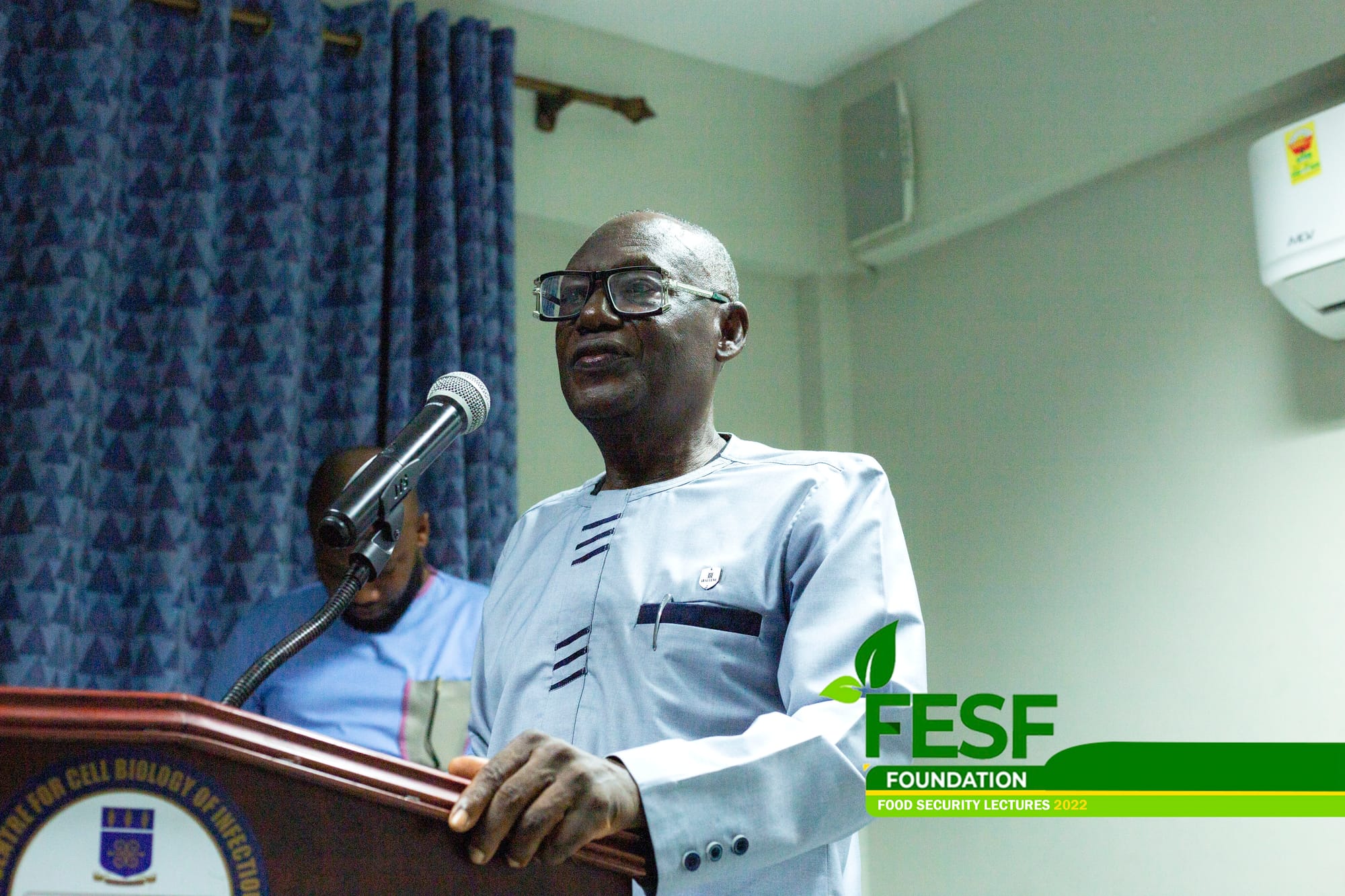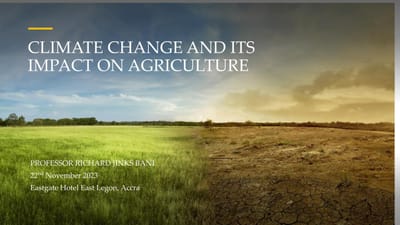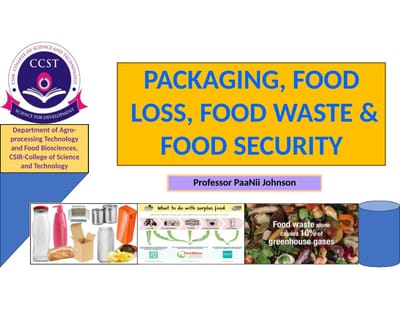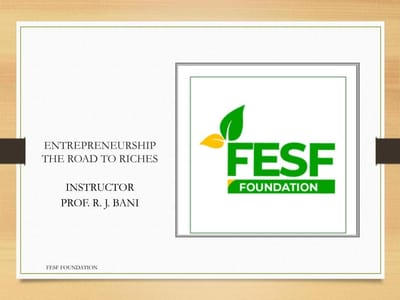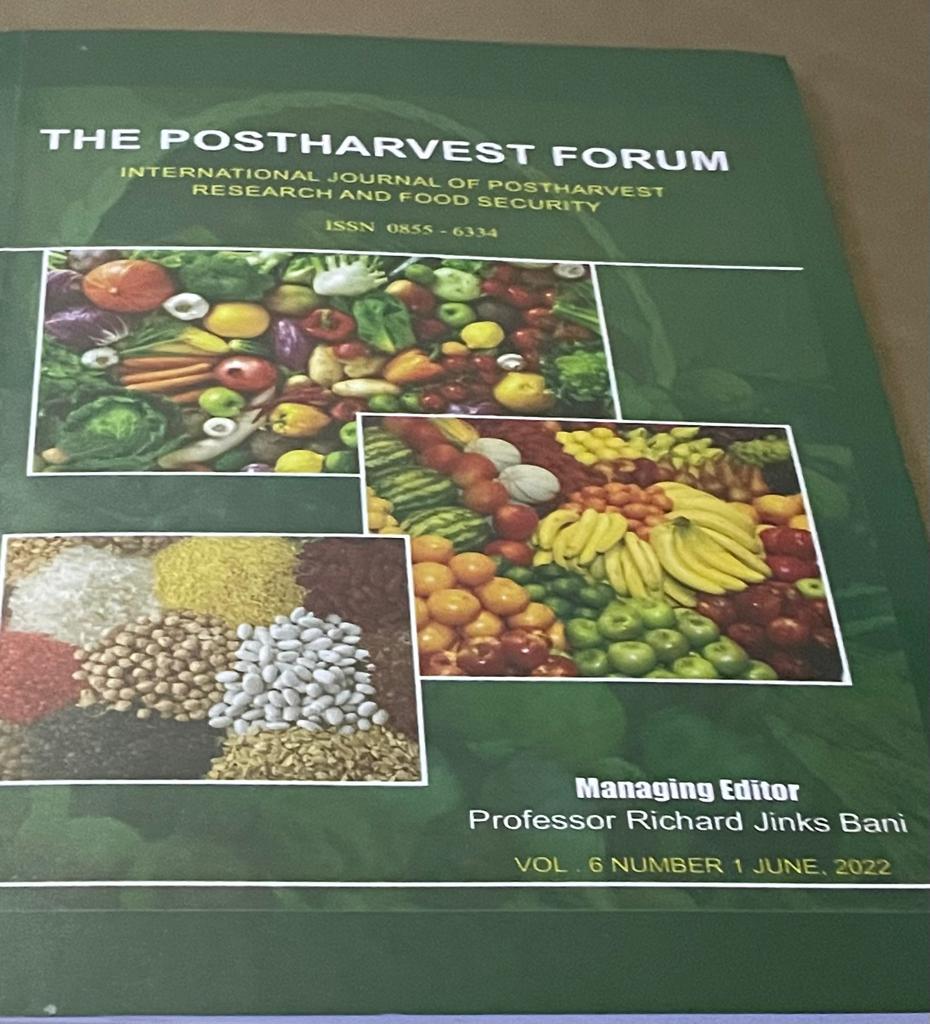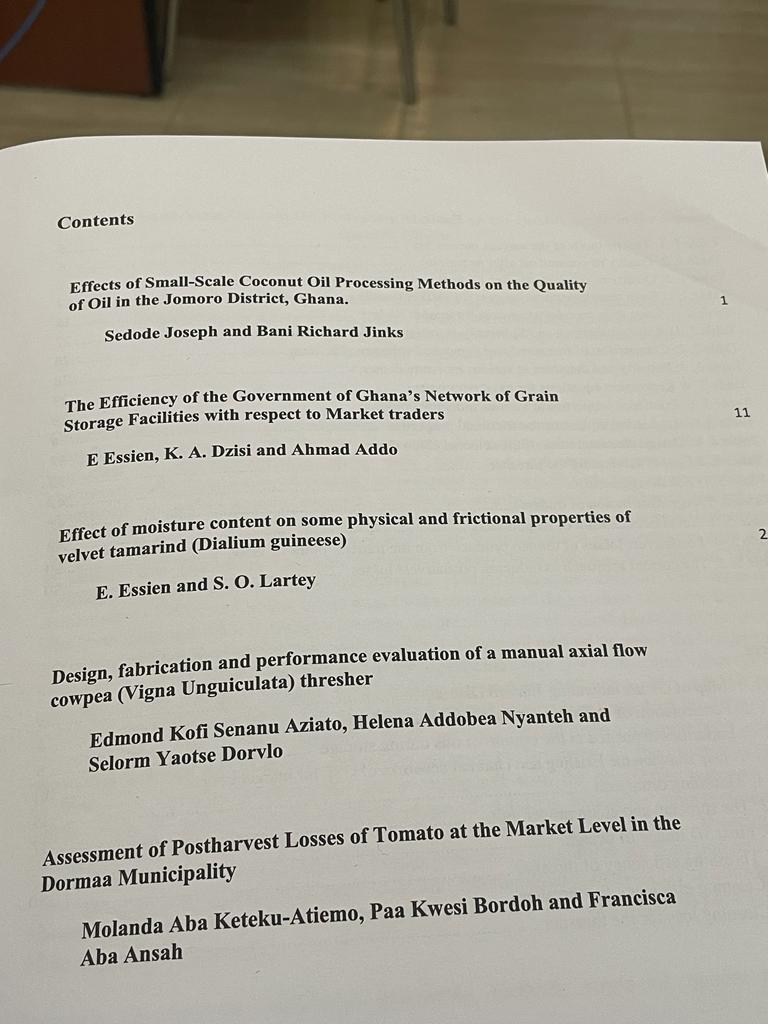Commemorating the President of the Republic of Ghana on his birthday with a celebration of his vision, achievements, and commitment to national progress.
FESF FOUNDATION
NON-PROFIT ORGANIZATION FOR EDUCATION, TRAINING, POLICY INITIATIVES, ADVOCACY AND PROGRAMS TO SUPPORT STAKEHOLDERS IN AGRIBUSINESS
About
Vision
We believe that access to nutritious food is a basic human right, and we are committed to making this vision a reality. We recognize that food security is a complex issue that requires a multifaceted approach. As such, we work to address the various challenges that limit access to adequate and nutritious food, including poverty, climate change, infrastructure limitations, and lack of education and resources.
To achieve our vision, we are dedicated to leveraging the latest technologies and innovations in agriculture. This includes working with farmers to adopt sustainable and efficient farming practices that increase productivity, reduce waste, and preserve natural resources. We are also committed to promoting research and development in the agricultural sector, including the development of new crop varieties and innovative food processing and storage technologies.
In addition to our focus on agriculture, we recognize the importance of addressing the social, economic, and political factors that contribute to food insecurity. This includes supporting policies and programs that increase access to education and employment opportunities, promote gender equality and social inclusion, and reduce poverty and inequality.
Ultimately, our vision is about creating a world where everyone has access to nutritious food, regardless of their background or circumstances. We believe that by working together, we can make this vision a reality and help to create a brighter, more equitable future for all.

Mission
We understand that agriculture is a dynamic and ever-evolving industry, and we are committed to staying at the forefront of new developments and innovations in the field. Our team of experts works tirelessly to research and develop new solutions that can help farmers increase their yields while minimising costs and reducing environmental impacts.
Our focus on sustainability is central to everything we do. We believe that by promoting sustainable agricultural practices, we can help farmers achieve long-term success and contribute to a healthier planet. To this end, we offer a wide range of services and resources to help our customers adopt sustainable farming techniques, including soil conservation, crop rotation, and integrated pest management.
We also recognise the importance of education and training in the agricultural sector. We offer a variety of training programs and workshops to help farmers and agricultural professionals develop their skills and knowledge, enabling them to stay up-to-date with the latest agricultural technologies and practices.
Our ultimate goal is to help our customers achieve maximum efficiency and profitability in their agricultural operations. We are constantly striving to improve and develop new solutions that can sustainably increase yields and reduce costs. By working with us, our customers can benefit from our expertise, resources, and cutting-edge technologies to help them achieve success in the agricultural sector.
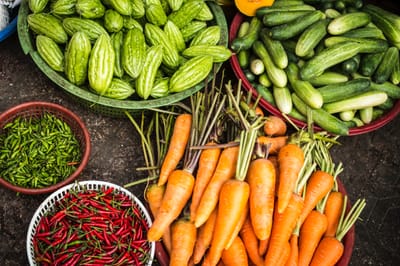
Core Values

At FESF Foundation, our focus is on promoting food sustainability and security for communities through our agribusiness activities. Our mission is to provide farmers with the necessary resources, expertise, and support to ensure they have access to the latest technologies and best practices in agriculture. We believe that by empowering farmers, we can help to strengthen the global food system and contribute to the overall well-being of communities worldwide.
As a global agribusiness organisation, we are committed to building a network of businesses, organisations, and individuals who share our vision for a sustainable and secure food system. Through collaboration and partnerships, we aim to create a more resilient and sustainable agricultural sector that benefits farmers, consumers, and the environment.
Our core values of commitment, integrity, loyalty, reliability, and dependability guide everything we do at FESF Foundation. We are committed to delivering high-quality services and solutions that meet the needs of our clients and stakeholders. We conduct our business with the highest level of integrity, always prioritising transparency, honesty, and ethical conduct. Our loyalty to our clients and partners is unwavering, and we strive to build long-lasting relationships based on mutual trust and respect. Our reliability and dependability ensure that we consistently deliver on our promises and meet our clients' expectations.
Events
Presentations
A lecture on Resetting Agriculture in Ghana by Dr. Amos Rutherford Azinu and hosted by Professor Richard Jinks Bani.
ExploreExplore the fundamentals of agribusiness through our intensive seven-course startup program, covering everything from finance and funding to product development.
ExplorePresentation by Professor Richard Jinks Bani on 22nd November 2023 at Eastgate Hotel East Legon, Accra.
ExploreFESF Seminar on Packaging, Food Loss and Waste, Nutritional & Food Security, Prof Johnson Dec 14, 2023
ExplorePresentation on Food security as a tool to combat violent extremism
ExploreA presentation on Business Plan
ExploreLearn the essential skills and strategies for successful entrepreneurship.
ExplorePresident
Professor Richard Bani
Agricultural Engineering Department
School of Engineering Sciences University of Ghana Legon
Team
Professor Daniel Obeng-Ofori
Catholic University Fiapre, Sunyani
Professor John Ofosu-Anim
Central University Accra
Professor Robert Amoah
Technical Editor
Professor Ernest E. Abano
Department of Agricultural Engineering
College of Agricultural and Natural Sciences University of Cape Coast Cape Coast
Professor PaaNii T. Johnson
Dept. Agro-processing Technology and Food Biosciences, CSIR
College of Science and Technology, Accra, Ghana
Dr. Vincent Eziah
Department of Crop SCience
University of Ghana, Legon
Dr. Joseph Ofei Darko
Department of Agricultural and Biosystems Engineering
College of Engineering, Kwame Nkrumah University of Science and Technology, Kumasi
Dr. J. M. Seidu
College of Agricultural Education
Akenten Appiah-Menka University of Skills Training and Entrepreneurial Development, Asante-Mampong
Store
Activities
Training and Sensitisation on Postharvest Loss Reduction Skills, Technologies, and Strategies
Postharvest losses remain a major challenge in the agricultural sector, resulting in significant economic losses and food waste. To address this challenge, it is important to provide training and sensitisation to farmers and other stakeholders on postharvest loss reduction skills, technologies, and strategies. This could include training on proper harvesting techniques, appropriate storage practices, and effective preservation methods. Sensitisation on the importance of reducing postharvest losses and the economic benefits of doing so could also be provided.
Entrepreneurship
Entrepreneurship plays a crucial role in the development of the agricultural sector. Encouraging entrepreneurship among farmers and other stakeholders in the value chain could lead to increased productivity, profitability, and sustainability. This could involve providing business development services, such as access to finance, marketing support, and training on entrepreneurship skills, to enable farmers and small businesses to establish and grow their agribusinesses.
Renewable Energy Utilisation of Farms to Reduce Production and Processing Costs
Renewable energy technologies, such as solar, wind, and biogas, can be used to power farms and reduce production and processing costs. By using renewable energy sources, farmers can reduce their dependence on fossil fuels and save money on energy costs. Renewable energy technologies can also be used to power postharvest processing equipment, such as grain dryers, which can reduce postharvest losses and improve the quality of the harvested crops.
Small Scale Storage and Processing of Agricultural Produce
Small-scale storage and processing of agricultural produce can add value to farmers' products and increase their profitability. This could involve establishing small-scale processing facilities, such as grain mills, oil mills, or fruit and vegetable processing units, to process and package agricultural produce for sale. Storage facilities could also be established to enable farmers to store their produce and sell it at a later date when prices are higher.
Branding and Marketing of Produce from Small Scale Enterprises
Branding and marketing of produce from small-scale enterprises can help to increase the visibility and demand for their products. This could involve providing training on branding and marketing techniques, such as developing a unique brand identity, creating attractive packaging, and using social media to promote products. Farmers could also be encouraged to participate in farmers' markets or other events where they can showcase their products to potential customers.
Production and Publishing of Educational Materials Relevant to Core Businesses
Producing and publishing educational materials relevant to core agribusinesses can help to promote best practices and increase knowledge among farmers and other stakeholders in the agricultural sector. This could involve producing training manuals, technical guides, and other educational materials on topics such as crop management, pest control, postharvest handling, and marketing. These materials could be made available in print and digital formats and distributed through various channels, such as farmer organisations, extension services, and online platforms.
Forum


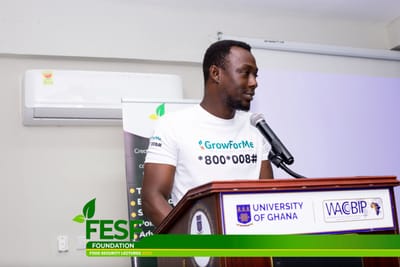
Blog
Contact
- 17 Walker Street, Madina, Adenta Municipal, Ghana
- FESF Foundation, P. O. Box LG 679, Legon
17 Walker Street, Ashale Botwe, Adentan Municipality. GPS Address: GD-047-2842.



